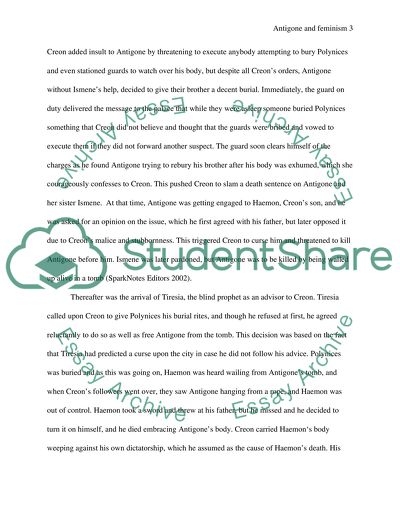Cite this document
(“Antigone And Feminism: How Has Antigone Empowered Women Research Paper”, n.d.)
Retrieved from https://studentshare.org/literature/1465438-antigone-and-feminism-how-has-antigone-empowered-women
Retrieved from https://studentshare.org/literature/1465438-antigone-and-feminism-how-has-antigone-empowered-women
(Antigone And Feminism: How Has Antigone Empowered Women Research Paper)
https://studentshare.org/literature/1465438-antigone-and-feminism-how-has-antigone-empowered-women.
https://studentshare.org/literature/1465438-antigone-and-feminism-how-has-antigone-empowered-women.
“Antigone And Feminism: How Has Antigone Empowered Women Research Paper”, n.d. https://studentshare.org/literature/1465438-antigone-and-feminism-how-has-antigone-empowered-women.


